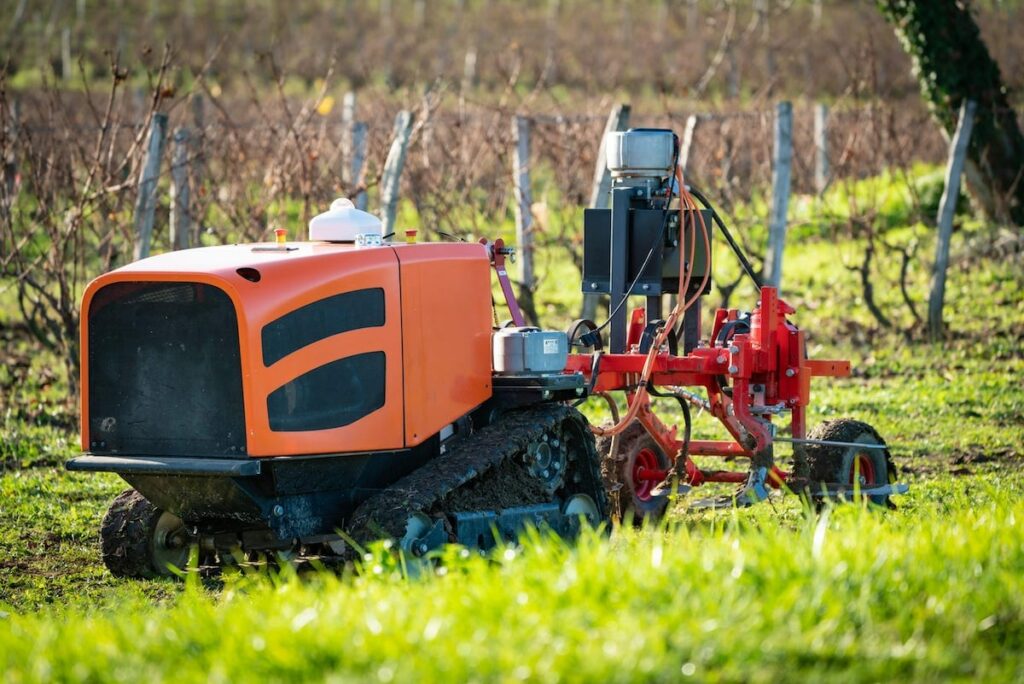Laser system to kill weeds with surgical precision

The content of this article 'Laser system to kill weeds with surgical precision' was prepared by www.ecoinventos.com and has been revised and republished by FreshFruitPortal.com.
A project coordinated by researchers from the Higher Council for Scientific Research (CSIC) will use lasers to eliminate weeds from crops and thus offer a sustainable alternative to the use of chemicals such as pesticides.
Called Welaser and funded by the European Union, it is an autonomous vehicle or robot with a vision system and artificial intelligence that will determine weeds from crops.
It works by detecting the meristems of the weeds, which are responsible for growth, and applying a high-power laser to them to kill the plants.
It will be developed by a multidisciplinary team coordinated by researchers from the Center for Automation and Robotics of the CSIC and the Polytechnic University of Madrid (CAR-CSIC-UPM).
The weeds that grow in agricultural crops are characterized by their high dispersal capacity, persistence and by decreasing the yield of what is planted.
Chemical products are usually used to eliminate them, but such products deteriorate the properties of the soil and damage beneficial organisms.
Ending the use of pesticides is a key objective of the EU. The Welaser project proposes a sustainable alternative to the use of pesticides and plans to have a prototype in 2023, which will then be marketed.
"By targeting the meristems directly and using no pesticides, this technology provides a clean solution to the problem of weed removal and will help significantly reduce chemicals in the environment," Pablo González de Santos, CSIC scientist at CAR-CSIC-UPM and project coordinator said.
"Thus, agricultural productivity can be increased while achieving greater environmental sustainability and improving the health of animals and humans."
González Santos' team will be in charge of the intelligence coordination of all the subsystems, including mission creation and the autonomous navigation of the mobile robot.
The Welaser project is made up of a consortium of 10 partners from Spain, Germany, Denmark, France, Poland, Belgium, Italy and the Netherlands and will focus on wheat and corn crops, the most relevant in the European market, as well as beets and carrots.






































